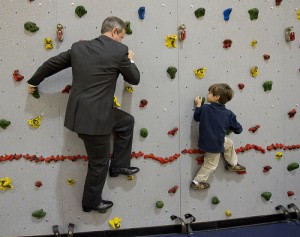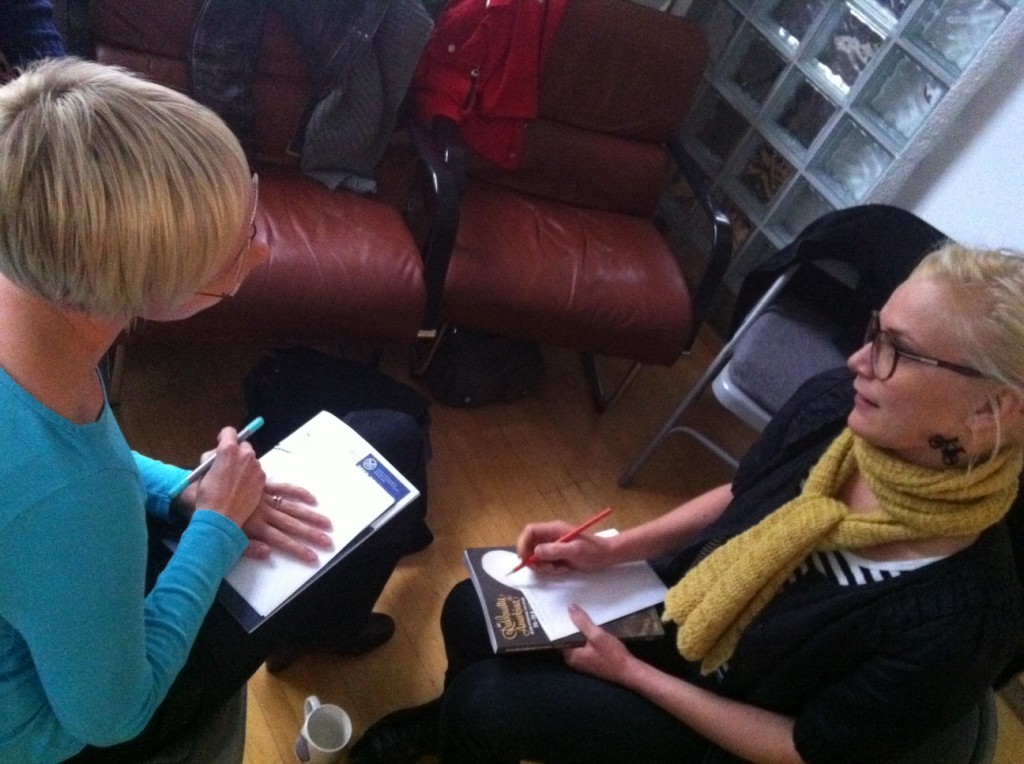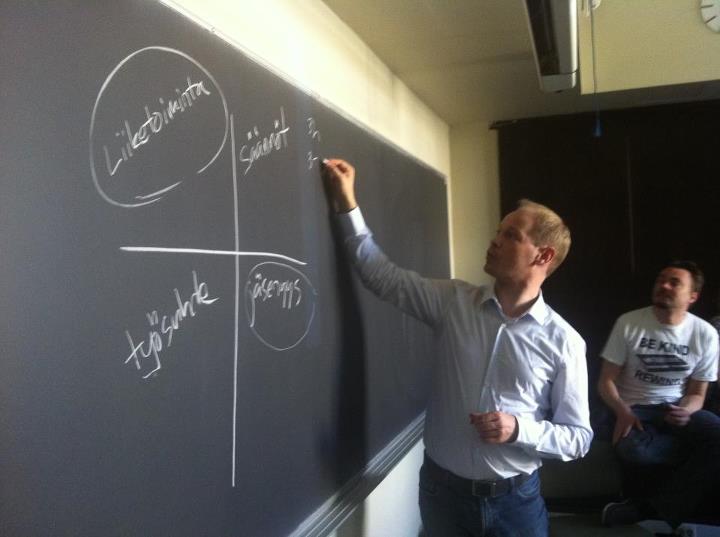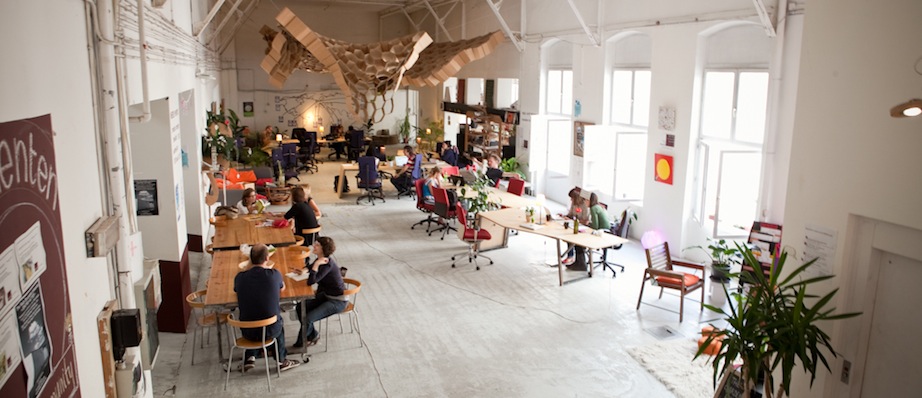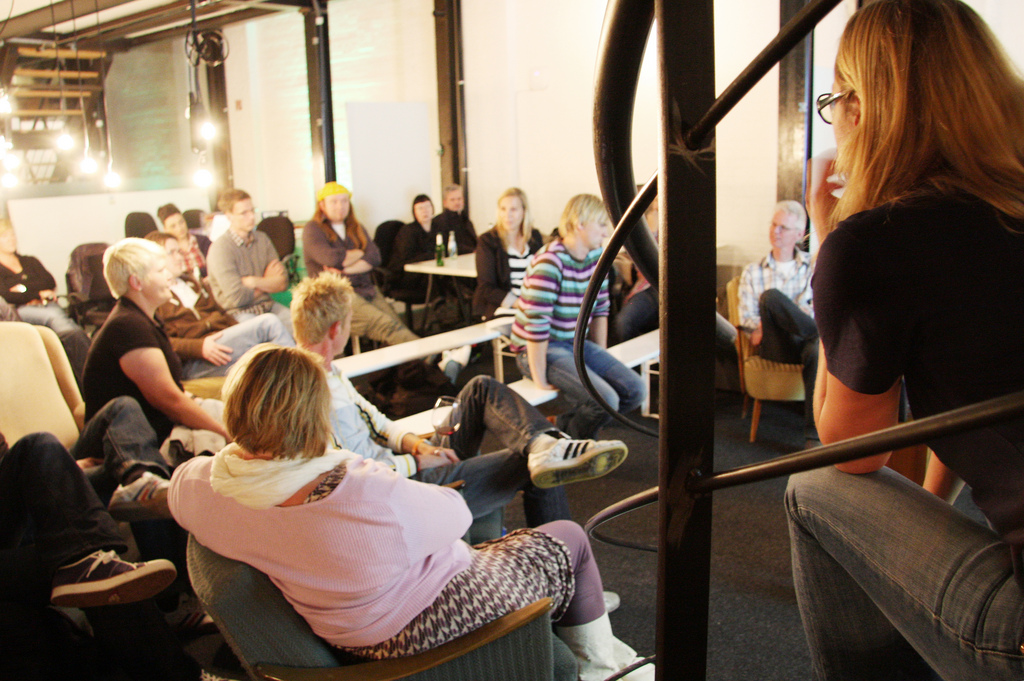(English version below)
Juna vie joukon Helsingin Yliopiston opiskelijoita lokakuun alussa viikoksi raiteilla Amsterdamiin ja Kööpenhaminaan. Matkalla tutustutaan Euroopan kiinnostavimpiin startup-yrityksiin, vieraillaan akateemista yrittäjyyttä kehittävissä yliopistoissa ja saadaan sparrausta omien yritysideoiden ja -taitojen kehittämiseen.
Matkalla kasvatat sekä omia ideoita, taitojasi, verkostojasi että näköalojasi. Näet, mitä Kööpenhaminassa ja Amsterdamissa tapahtuu ja samalla tutustut toisiin suomalaisiin merkityksellisestä yrittämisestä innostuneisiin opiskelijoihin. Matkan vetäjinä ovat Demos Helsingin Tuuli Kaskinen ja Outi Kuittinen, jotka ovat sparraneet monia varovaisia ideoita kunnianhimoisiksi start-upeiksi. Matka toimii vähän samaan tapaan kuin viime vuonna Demos Helsingin järjestämällä Low2No Campillä, katso video: http://low2no.fi/camp/out-came-urban-entrepreneurs/
Mukaan matkalle haetaan kertomalla, miksi tämä teema kiinnostaa juuri sinua sekä esittelemällä oma toimintaidea. Toimintaidea voi olla mikä tahansa opinnoissasi vastaan tullut asia, jossa voisi olla potentiaalia ihmisten elämän muuttamiseen tai vaikka bisneksen tekemiseen. Katso, mitä yliopistolla on viime keväänä tehty näihin teemoihin liittyen: https://blogs.helsinki.fi/toimintaa/
Viikko antaa kipinän niin vanhoille kuin uusillekin liikeideoille, emme oleta, että olisit ajatuksesi kanssa kovinkaan pitkällä!
Matkalaisista puolet on Tieteestä toimintaan -ryhmässä omia liikeideoitaan jo kehitelleitä opiskelijoita. Toinen puoli matkalaisista valitaan hakemuksensa jättäneiden joukosta. Reissua edeltää joukko workshoppeja, joiden aikana pääsee tutustumaan matkaporukkaan sekä itse vaikuttamaan viikon lukujärjestykseen ja kohteisiin.
Hae 20.9. mennessä osoitteessa http://tinyurl.com/ttmatka
Faktat matkasta:
– Lähtö 6.10. iltalaivalla Helsingistä, paluu 14.10. aamulla Helsinkiin
– Matkakohteina pääasiallisesti Amsterdam, Kööpenhamina ja niiden lähiympäristöt
– Matka tehdään junalla ja laivalla
– Demos Helsinki ja Helsingin yliopisto valitsevat yhteistyössä matkalle lähtevät Helsingin Yliopiston opiskelijat
– Helsingin yliopisto ja Uudenmaan liitto sponsoroivat suurimman osan matkan kustannuksista. Lisäksi ryhmä etsii rahoitusta muilta yhteistyökumppaneilta. Matkojen, majoituksen ja ohjelman omavastuuhinta on korkeintaan 200 € / osallistuja.
Matka ja Tieteestä toimintaa! -ryhmä ovat keskeinen porukka koko yliopiston kehittämisen ja siellä opiskelemisen kannalta. Siksi odotamme hakemuksianne ja ideoitanne innolla!
Tervetuloa mukaan!
Lisätietoja:
Tuuli Kaskinen, tuuli.kaskinen@demos.fi, puh. 050 5149752
—————————————————————————————–
A bunch of students from University of Helsinki will hop on rails in October and head to Amsterdam and Copenhagen. There we will get to know the hottest start-ups in Europe, visit universities dedicated to cultivating academic entrepreneurship and get help from international business accelerators for our own business ideas.
In this trip you will see what academic entrepreneurship is in Copenhagen and Amsterdam. These learning experiences can then be put to use in Finland. The trip is similar to Low2No Camp which Demos Helsinki organized last year. See more about it at http://low2no.fi/camp/out-came-urban-entrepreneurs/
To get along to the trip we need you to tell why this theme interest you by introducing your own idea for action. This idea can be anything that has come along in your studies, that to you seems to have potential to change lives or create business. To check out what has already been going on at the university this spring, go to https://blogs.helsinki.fi/toimintaa/
The week will spark up both old and new business ideas, we by no means don’t assume that your own idea is a refined, long-thought-out plan.
Half of the participants or the trip are from Academic Action! -group and have already to some extent thought out their business ideas. Other half is chosen from those who have left their application. Before the trip the group will have multiple workshops, for getting to know your travelling partners and planning with the group the schedule and places to visit.
Apply by 20th of September at http://tinyurl.com/ttmatka
Facts about the trip:
– Departure via evening ferry on the 6th of October from Helsinki, return to Helsinki in the morning of 14th of October
– Destinations primarily Amsterdam, Copenhagen and the surrounding areas
– The trip is done via train and ferry
– Demos Helsinki and University of Helsinki together select participants for the trip from the University of Helsinki
– University of Helsinki and Uusimaa Regional Council sponsor most of the expences. In addition, the Action! -group will seek funding from other partners. The price paid by participants themselves for for travelling, accommodation and visits will be at maximum 200 € per traveller
The trip itself and the Academic Action! -group both have a big role in developing the University of Helsinki and the studies it provides. This is why we are excited to hear your applications and ideas.
Looking forward to your participation!
Additional info:
Lisätietoja:
Tuuli Kaskinen, tuuli.kaskinen@demos.fi, puh. 050 5149752



